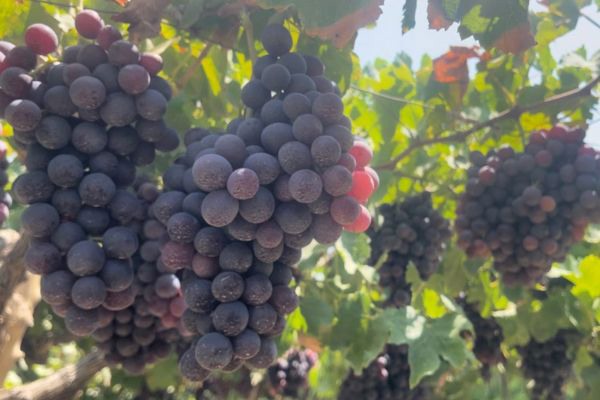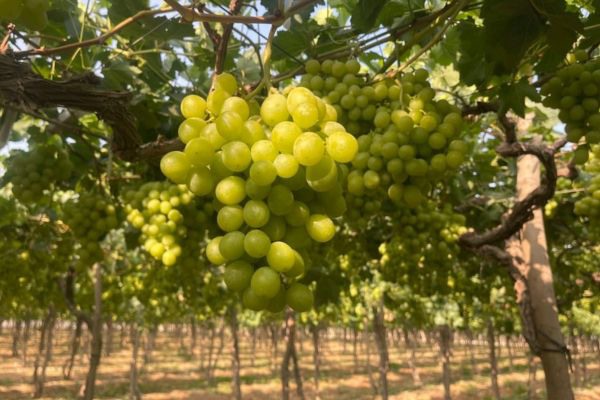The Egyptian Grape campaign is progressing in a positive direction for producers and exporters, while key changes have marked the industry this year in terms of production and marketing. Salem Ghonim, a consultant to various Egyptian grape companies, sheds light on these novelties.

"The export campaign is going well so far. We're exporting fewer volumes towards the end of the campaign to Europe, except for a few late varieties which are still in demand by European customers. On the other hand, to everyone's surprise, demand is stronger than usual from Arab countries such as Libya, Saudi Arabia, and the United Arab Emirates. East Asian and European markets have maintained normal demand. The most popular varieties at present are white varieties, followed by black. Red grapes are not in high demand this year."

In terms of prices, too, the season is favorable for Egyptian exporters. Ghonim explains, "Prices have remained stable, largely due to the 20-30% drop in production compared to last season, and also to the earlier-than-usual start to the campaign. In this regard, some growers, thanks to their farming operations, started their calendars earlier than others, which maintained a balanced supply throughout the season. Despite the drop in production, active export boosted prices on the domestic market. Varietal diversity in terms of ripening and entry to market also contributed to keeping supply under control and prices stable at a satisfactory level."
The massive sandstorm that hit Egypt in June caused more fear than harm, and even helped to stabilize prices, according to Ghonim. "The sandstorm didn't cause any major volume losses. The damage observed was that the sand stuck to the skin of the grapes, making them difficult to wash and excluding them from export, but they were liquidated on the domestic market without any problems."

The current season is also marked by more integration in the value chain, adds the expert. "We're seeing more and more exports under contract instead of open-price exports. Furthermore, a growing number of exporters have launched their own production operations, with exclusive rights to the use of certain varieties. This year, this type of marketing now accounts for up to 90% of volumes. Small-scale producers and exporters are turning their attention to developing new markets in Africa and Asia, as was the case this season."
For more information:
Salem Ghonim
Tel: +20 127 705 1153
Email: salemsh2018@gmail.com
linkedin.com/in/salem-ghonim-9506a0159
